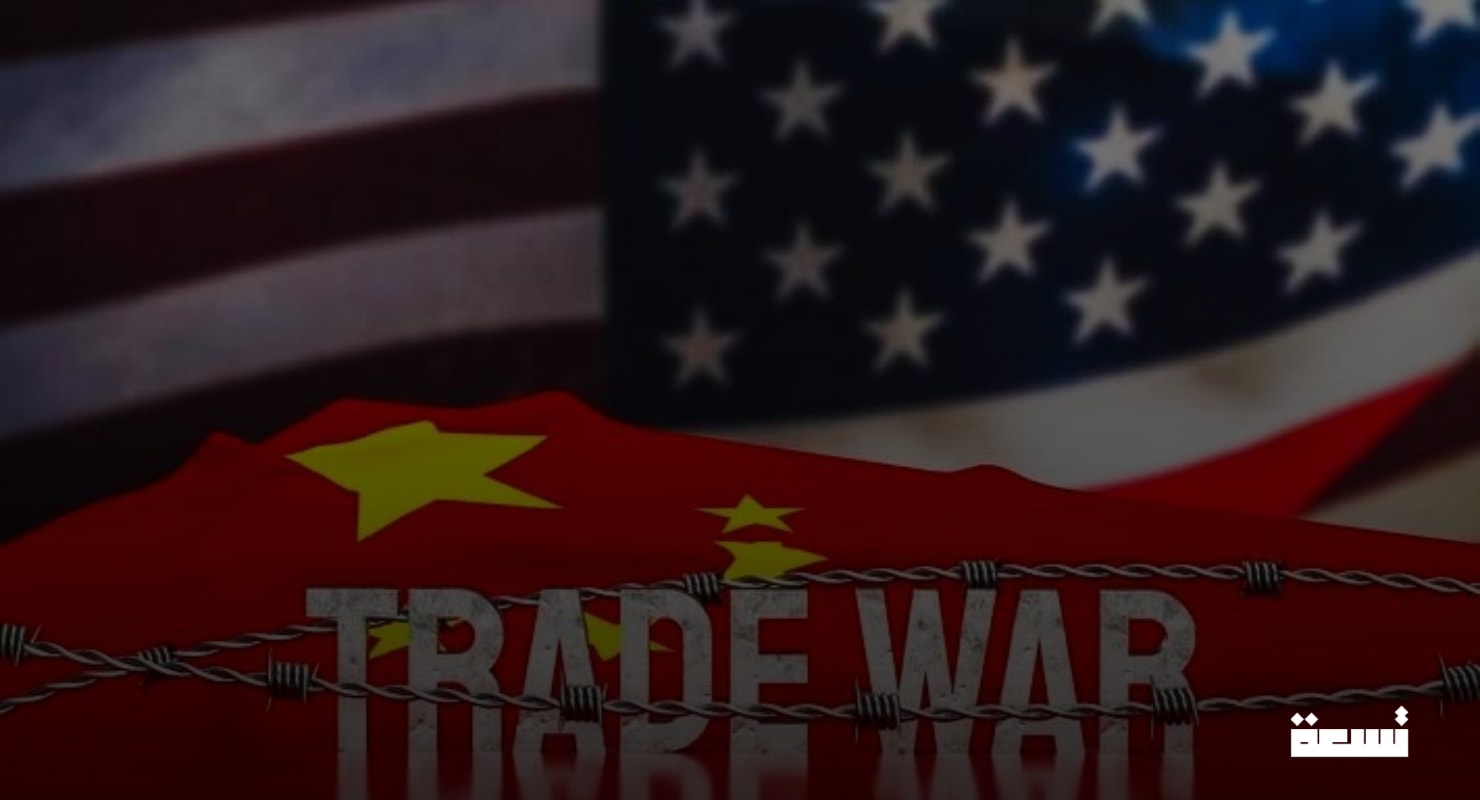With the escalation of the trade war between China and the United States, Beijing is beginning to use unconventional methods to enhance its control over vital technological industries, threatening the stability of global supply chains.
Amid increasing economic tensions with the West, China is not only continuing to develop its advanced technologies but also imposing strict restrictions on the export of many innovations that used to attract the world to it, such as advanced batteries and rare metals. These restrictions are causing concern for global companies that rely on these technologies in their operations, potentially leading to a restructuring of global supply chains.
Among the prominent companies that will be affected by these policies are "Apple" and "Foxconn," with the latter facing significant obstacles in sending advanced equipment and engineers to India as it seeks to diversify its supply chains away from China.
China, which has always been a major supplier of technological components, has begun to hinder the flow of these technologies abroad, including preventing engineers from leaving the country.
Under these restrictions, American and European companies find themselves in a real dilemma, jeopardizing their strategies in the face of the rapid growth of the Indian and Southeast Asian markets.
The restrictions are not limited to equipment but also include essential natural resources such as lithium and tungsten, which are crucial to the battery industry and the magnets used in electric cars and electronic devices.
Thus, China not only controls raw materials but also their processing technologies, making it an economic force that cannot be overlooked in advanced technology fields.
While Chinese companies like "CATL" strive to benefit from technological superiority in the battery industry, global companies find themselves in a continuous race against time to obtain the necessary licenses to access these technologies.
Some companies may be forced to reduce their investments or seek alternatives to Chinese technology, potentially escalating trade tensions globally.
In this context, China's importance as a crucial element in global supply chains is increasing. With its growing control over rare earth processing technologies and magnet manufacturing, China seems to have positioned itself at the heart of modern industries.
Thus, it is rewriting the rules of the global economic game, presenting the world with new challenges that could reshape the global economy in unprecedented ways.
In this situation, it appears that the trade war between China and the West is entering a more complex new phase, where the battle will revolve around technologies and essential resources that may determine the balance of economic power in the coming decades.

